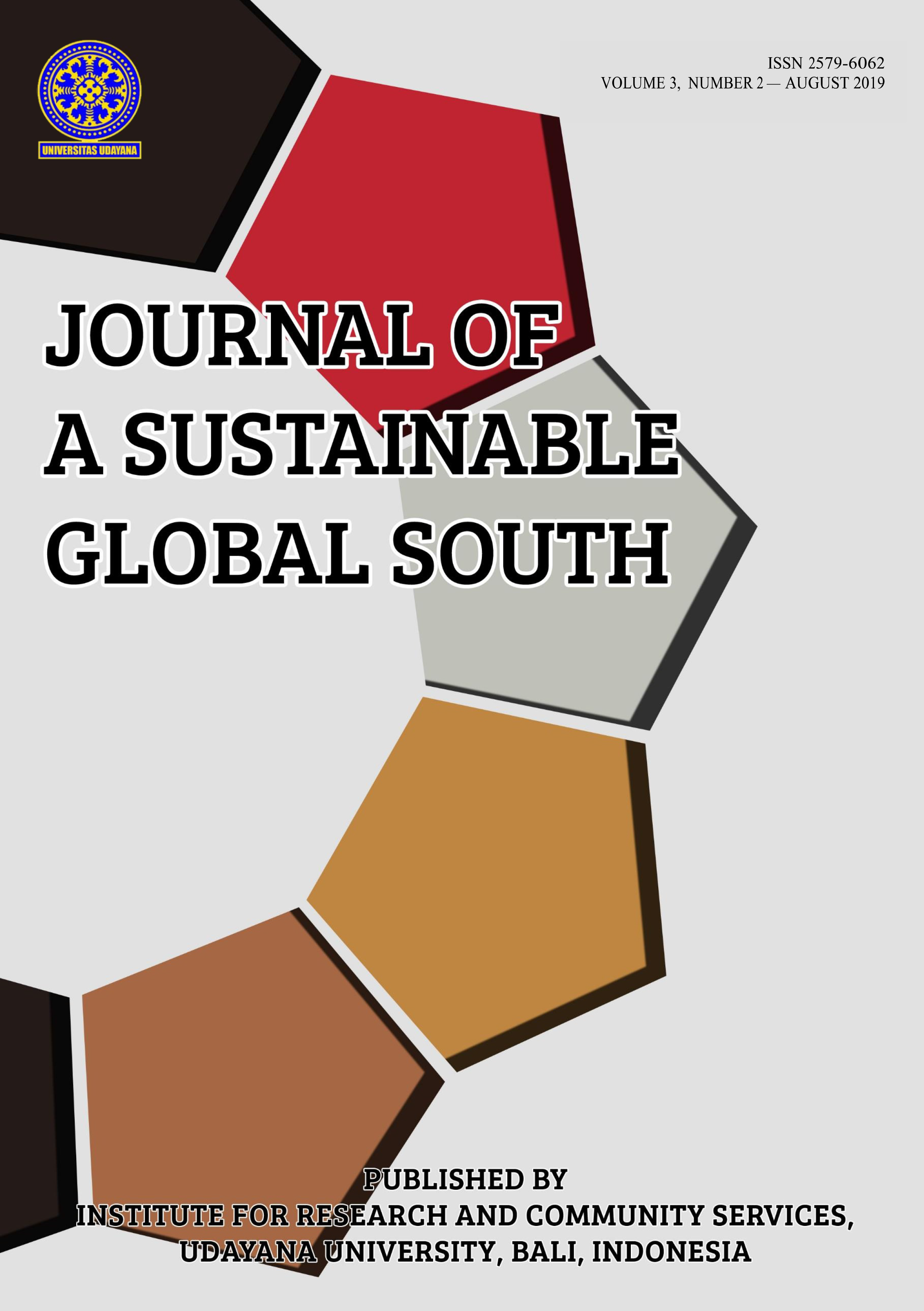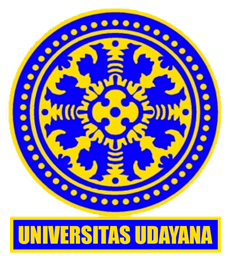How did food consumption affect architecture?
August 2019
Abstract
The essence of this paper is to highlight the cultural differences between two geographically separate cultures. Two aspects are examined: food culture and tourism. In general, as will be shown later in some figures, tourism in Bali and in general will increase steadily. There will be growing new problems and consequences, which I will explain in order to make their dimensions known. Of course, there is also the question of what opportunities this will bring. There will also be insights into the opinions of local Germans and Balinese. I will use the empirical method, i.e. I will look for suitable sources on the basis of my research question. I will use the university network ProQuest and search for keywords, as listed below. I will also search the WordWideWeb for appropriate statistics on the development of tourism to support my theses. My results show that tourism development has two sides, one positive and one negative. It can come to networks between the different nations, continents and cultures, which is naturally a large enrichment on both sides. On the other hand, mass tourism destroys large parts of indigenous nature and culture. The aim is that more and more tourists will be able to come and, little by little, the actual cultural heritage, such as traditional architecture, will be lost.
Index Terms— Cultural heritage, cultural differences, food culture, tourism development, traditional archi-tecture










(1).png)


